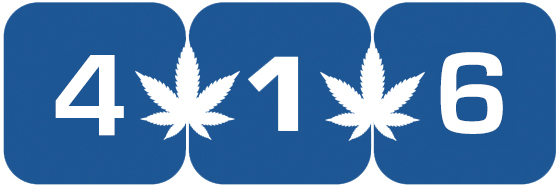As it turns out, researching the efficacy of MDMA to treat PTSD may be pretty complicated. The initial efforts to secure governmental sanction for a psychedelic substance for mental health care, in this case, MDMA, are facing some serious scrutiny over the clinical trial process, the Washington Post reports.
MDMA has long been lauded as a treatment for PTSD, which affects 6% of the U.S. population. Per a Multidisciplinary Association for Psychedelic Substances (MAPS) 2023 study on how the drug can treat PTSD, the researchers found that, as High Times reported, in the MDMA group, 86% showed improvement in their standard PTSD assessment. 69% of those in the placebo group also improved. A standard PTSD assessment evaluates the intensity of PTSD symptoms, which can include anxiety, phobias, insomnia, and emotional numbness, among others. When the study wrapped, 72% of people within the MDMA treatment group no longer matched the criteria for PTSD, compared to 48% of the placebo participants.
Given how awful PTSD can be and, to be honest, how fun (and effective) MDMA can be compared to other treatment methods, this research was generally met with enthusiasm. While SSRI antidepressants like Zoloft are FDA-approved to treat PTSD, research shows it’s not always effective. The study in question shows that it had a response rate of 60%, which is obviously lower than the 86% improvement rate that came with MDMA.
However, per an independent analysis into the reliability of patient studies that are backing the Food and Drug Administration (FDA) application for MDMA, apparently, it’s pretty tricky to discern how effective these results are. Compared to other treatments, there are some serious hurdles associated with studying and then implementing psychoactive substances such as MDMA.
While the bliss that MDMA can bring is generally considered a plus, it may make it trickier to study. One of …
Read More
Author: Sophie Saint Thomas / High Times








